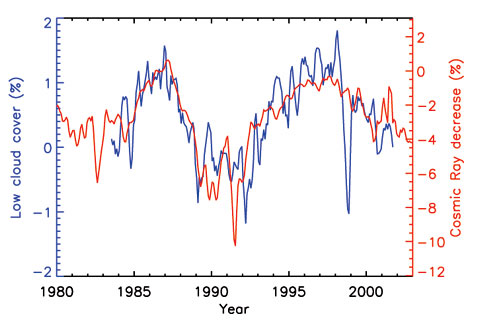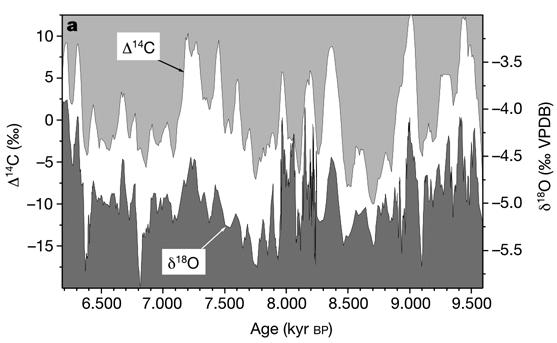The Army's former chief of staff, Gen. Gordon R. Sullivan, who is one of the authors, noted he had been "a little bit of a skeptic" when the study group began meeting in September. But, after being briefed by top climate scientists and observing changes in his native New England, Sullivan said he was now convinced that global warming presents a grave challenge to the country's military preparedness.
"The trends are not good, and if I just sat around in my former life as a soldier, if I just waited around for someone to walk in and say, 'This is with a hundred percent certainty,' I'd be waiting forever," he said.
Part of the sense of urgency, the generals said in interviews last week, stems from the fact that changing climatic conditions will make it harder for weak nation-states to address their citizens' basic needs. The report notes, for example, that 40 percent of the world's population gets at least half its drinking water from the summer melt of mountain glaciers that are rapidly disappearing.
"Many developing nations do not have the government and social infrastructures in place to cope with the type of stressors that could be brought about by global climate change," the report states. "When a government can no longer deliver services to its people, ensure domestic order, and protect the nation's borders from invasion, conditions are ripe for turmoil, extremism and terrorism to fill the vacuum."














